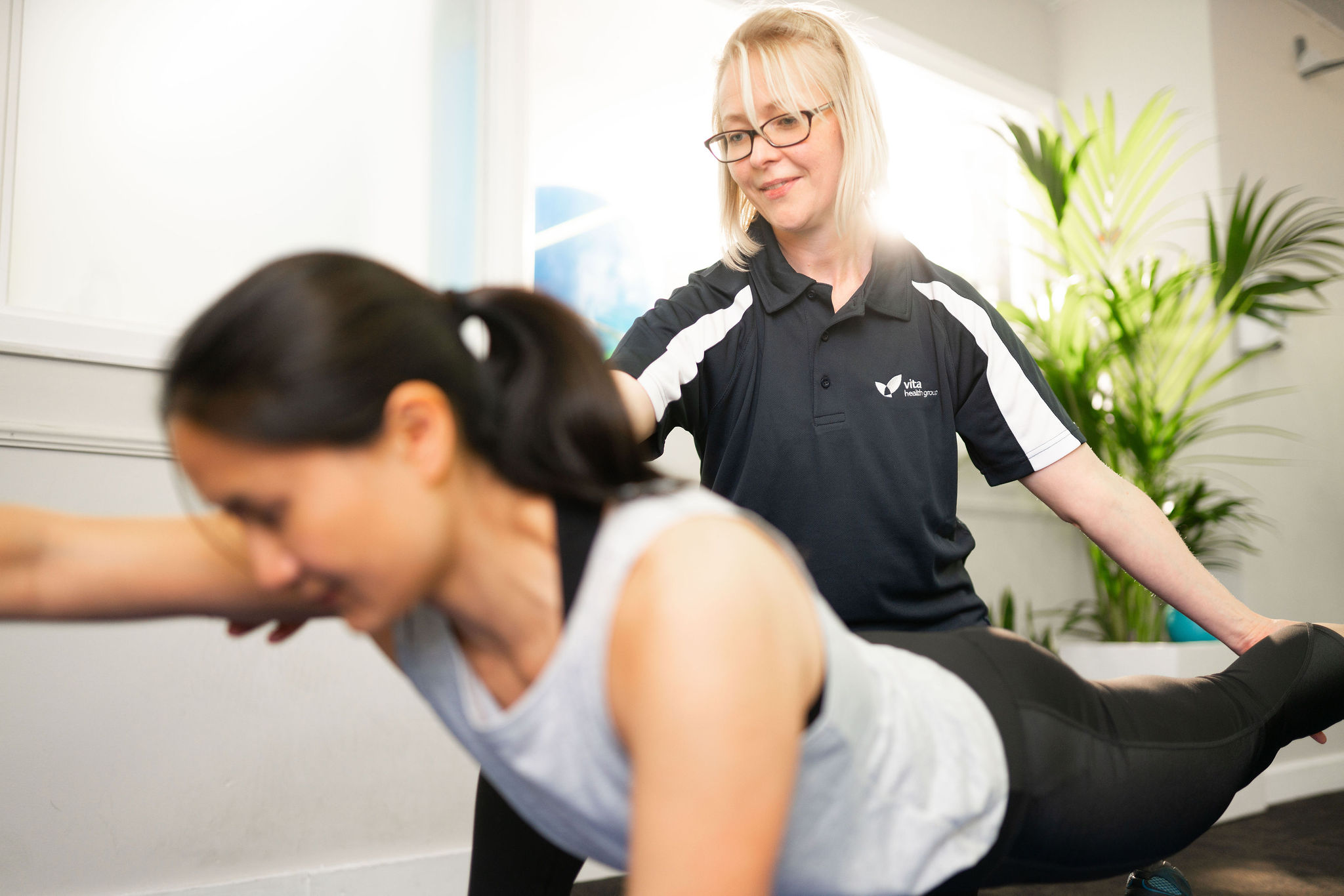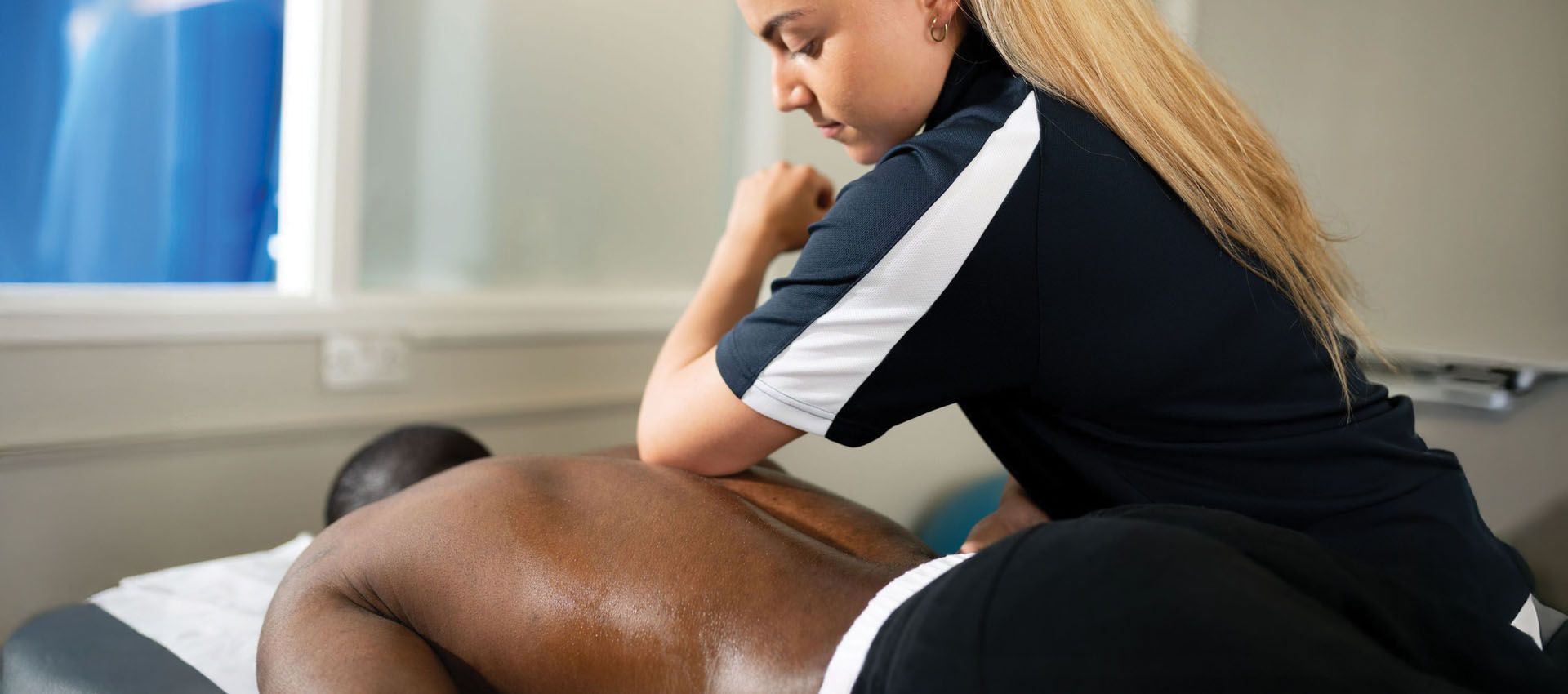Soft Tissue Massage is the manipulation or movement of muscle and connective ‘soft’ tissues, using various techniques by our expertly trained manual therapists.
What Is Soft Tissue Massage?
Through stimulation, relaxation and rejuvenation of the muscles and nerves, it can have a positive effect on the whole body, equilibrium and wellbeing. Massage is popular for athletes and sportspeople, as well as those with office or manual jobs, sedentary lifestyles and longstanding problems.
Massage Therapy can be used to address an extensive range of injuries and may also be helpful in the mental preparation of athletes for sporting participation, or anyone looking to improve their well-being.
What Soft Tissue Massage treatments do we offer?
Sports & Remedial Massage
Uses a range of therapeutic techniques for the prevention, recognition and treatment of injuries. Depending on the stage and severity of your injury, the therapist uses various techniques, to improve your muscle function, rehabilitation, aid the healing process and return you back to full fitness.
‘Sports Massage’ is popular with athletes, but it can also be of enormous benefit for non-sports people. Office and manual work can be a physical and mental workout and often stress results in tight and sore muscles that can benefit.
Sports Massage can help relieve many day-to-day problems such as repetitive strain injury, sprains, tension and general fatigue that we all experience. Regular massage helps maintain some balance in what can be a rather hectic work, social and sporting schedule. This forms part of our holistic approach and helps you improve your life physically, mentally, and emotionally.
Deep Tissue Massage
Helps focus on realigning deeper layers of muscle and connective tissue. It is especially helpful for chronically tense and contracted areas such as the neck, shoulders, lower back, gluteal and legs. This treatment goes beyond just treating symptoms. Our specialists target the affected area to provide long-term relief and support.
DTM also helps with joint mobility and can aid recovery from injury and surgery. Massage strokes are applied slowly, the pressure is deep and concentrated on areas of tension and pain.
Pregnancy Massage
Pregnancy massage is an excellent therapy during the 2nd and 3rd trimesters, especially as prescribed pain relief is limited and the demands and changes to the body during this time are high.
Proper positioning ensures comfort and safety for mother and baby, so you feel reassured and relaxed throughout the treatment. Pregnancy massage has been found to help relieve stress, anxiety, depression and improve sleep quality.
It will reduce oedema or swelling in the arms and legs, ease symptoms of muscle strain and joint pain, especially through the pelvis, lumbar spine and shoulder areas.
*Please note that you must have had your first scan before attending a pregnancy massage and more than 12 weeks pregnant (beyond the 1st trimester). We recommend booking an hour appointment for your first session, so that your therapist can go through the necessary safety elements with you before your massage treatment can start.
Book an appointment
If you’re in physical pain or have an injury, call your nearest clinic or book an appointment online. We usually have same day availability if you need urgent assistance.

Find your nearest location and book now
We have a highly trained and experienced team of physiotherapists that are HCPC (Health & Care Professions Council) and CSP (Chartered Society of Physiotherapy) registered, guaranteeing you are in safe hands.
























